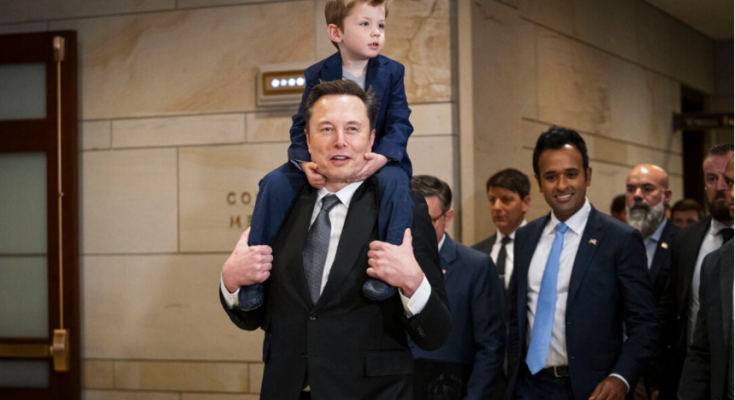Tech tycoon Elon Musk’s plans for the Department of Government Efficiency (DOGE) include taking a hard look at the assistance the United States provides to foreign countries.
Ever since President-elect Donald Trump tapped Musk and entrepreneur Vivek Ramaswamy to spearhead his administration’s new cost-cutting initiative last month, people have been floating their ideas for federal programs and regulations to axe.
Joining in on Dec. 6, former Rep. Ron Paul proposed an end to all foreign aid.
“Here’s an easy one for @DOGE! Eliminate foreign aid!” Paul wrote on Musk’s X platform.
“It’s taking money from the poor and middle class in the U.S. and giving it to the rich in poor countries – with a cut to the facilitators in between! Americans don’t want their government to borrow more money to spend on foreign aid. Besides, it is the immoral transfer of wealth and is unconstitutional.”
Sharing the former congressman’s post, Musk wrote that DOGE “will address this with full transparency for the American people.”
Ramaswamy also weighed in, saying that “Much of U.S. foreign aid isn’t even authorized by Congress.”
Humanitarian assistance is just one form of foreign aid the United States provides. Others include the direct provision of commodities and equipment, technical assistance, funding for infrastructure, and support for foreign governments and international organizations.
According to the Congressional Research Service, Congress appropriated $66.1 billion in foreign assistance for fiscal year 2023.
Trump has eyed slashing foreign aid in the past. He tried several times to cut foreign assistance under his first administration, but those attempts were rejected by Congress.
It remains to be seen whether that shift will be enough to convince lawmakers to strike all types of foreign assistance from the annual budget.
Musk and Ramaswamy have also targeted non-governmental organizations for funding cuts. As the leaders of DOGE, they will partner with the Office of Management and Budget to issue recommendations and guidance from outside the government.
In announcing the new initiative, Trump described it as “potentially, ‘The Manhattan Project’ of our time.”
“Importantly, we will drive out the massive waste and fraud that exists throughout our annual $6.5 trillion dollars of government spending. They will work together to liberate our economy and make the U.S. government accountable to ‘We the People.’”



